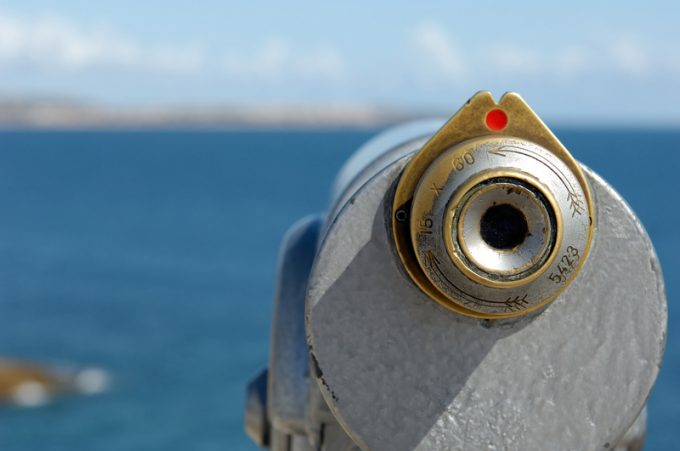MSC switches two more Asia-Europe port calls from congested Antwerp
MSC has decided to switch two more calls out of Antwerp on its Asia-North Europe ...

Carriers are coming under some pressure from their major VIP shippers to announce temporary network changes, so that their supply chains can be adjusted to match.
Amid the scheduling chaos caused by diversions and delays, carriers continue to issue blank sailing announcements for Asian export loaders, ...

Comment on this article